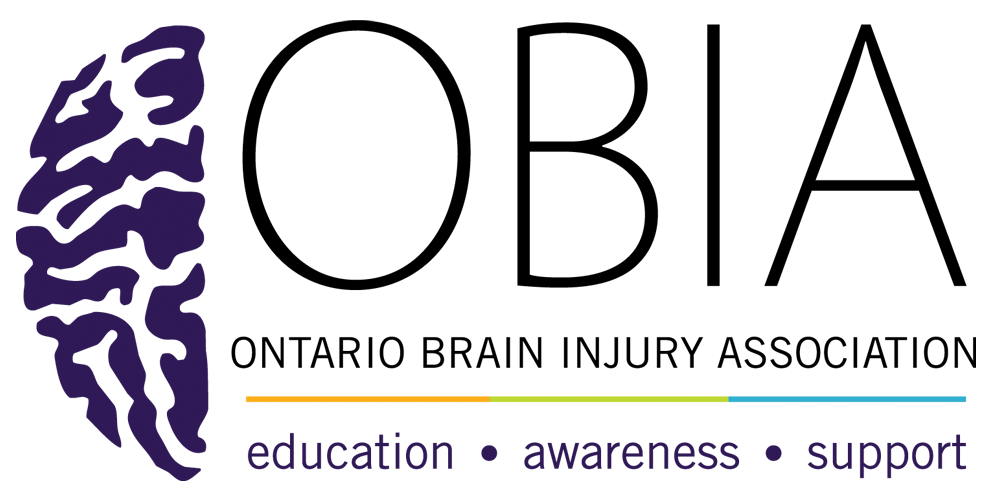Quick Facts
- Difficulty concentrating or focusing on a task or thought
- These difficulties may lead to problems in work, school, and everyday life
- People may assume a lack of intelligence or motivation (e.g. children with a brain injury may be seen as lazy or disruptive students)
What does it
look like?
- Drifting off and thinking about other things, only partial understanding of new tasks
- Difficulty sustaining attention for long periods of time and shifting from one topic to another
- Having trouble keeping track of what is being said or done
- Being more easily distracted; difficulty “tuning out” distractions
- Becoming bored, losing interest quickly and not completing tasks
- May not be aware of things in their environment
Possible Causes and Complications
Possible causes:
- Damage to parts of the brain (e.g. cortex, cerebellum) may cause attention difficulties
- The following can make attention and concentration more challenging:
- Hunger
- Being tired
- Illness and pain (especially headaches)
- Dietary inadequacy, especially B group vitamins and iron
- Alcohol and other drugs, medication side effects
- Depression and anxiety
Possible complications:
- Individuals may have difficulty learning new things or completing tasks
- Others may believe they are lazy or unintelligent
What can we do?
- Minimize distractions for the individual (e.g. sit them facing away from the door, window or crowd; turn off the TV or radio; close the door)
- Have them focus on one thing at a time
- Do important tasks first, and break down tasks into smaller steps
- Assist in setting a goal and use incentives (e.g. cup a tea after 20 min. of focused work)
- Use cuing to attract their attention before speaking
- Redirect their focus with both verbal or nonverbal cues
- Establish consistent, predictable, and regular routines
- Signal when a shift of attention will happen
- Encourage the individual to:
- Ask others not to interrupt; do tasks in a quiet place
- Use self-talk to stay on task (e.g. “stay focused”)
- Take frequent breaks
- Follow a daily routine, eat a healthy diet and sleep routine
- Relaxation strategies like deep breathing and meditation
Disclaimer: This information is not meant to replace advice from a medical doctor. Consult a health care provider regarding specific medical concerns or treatment.

